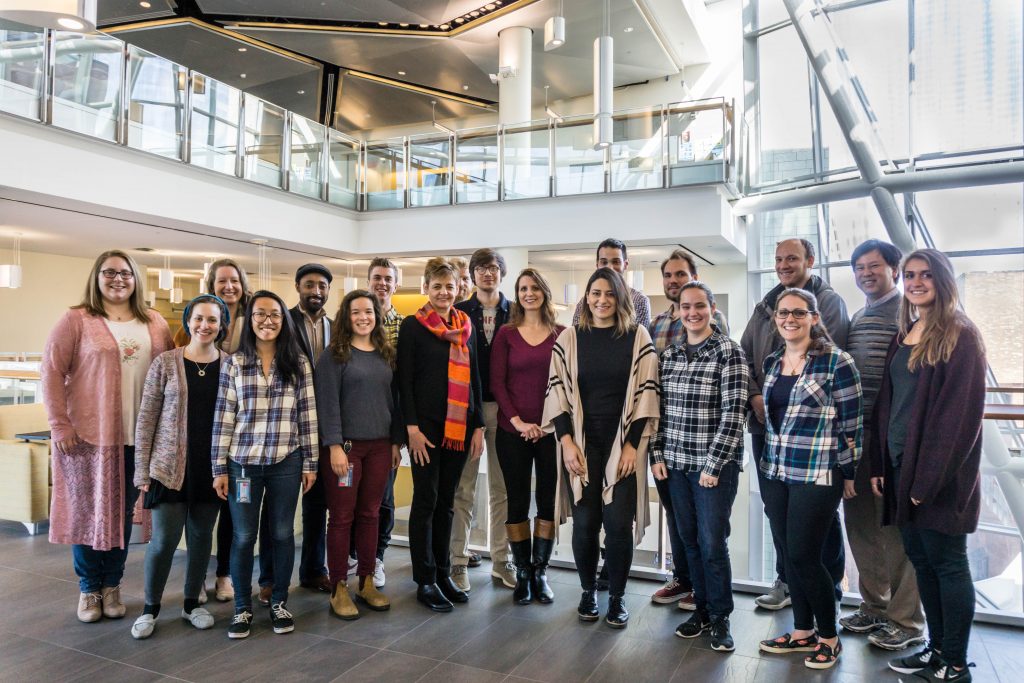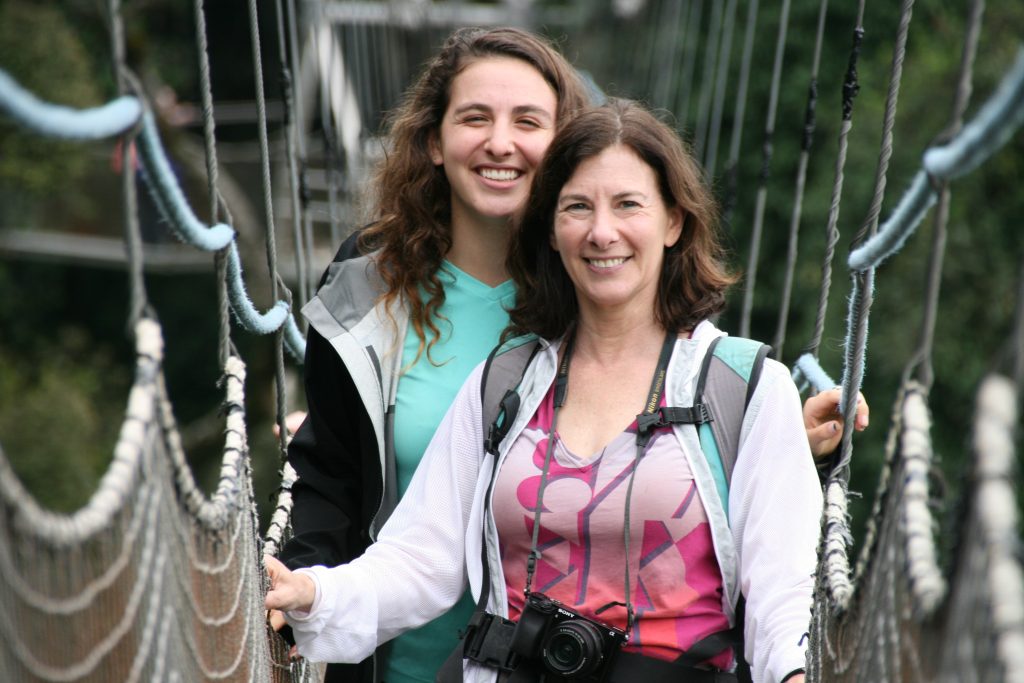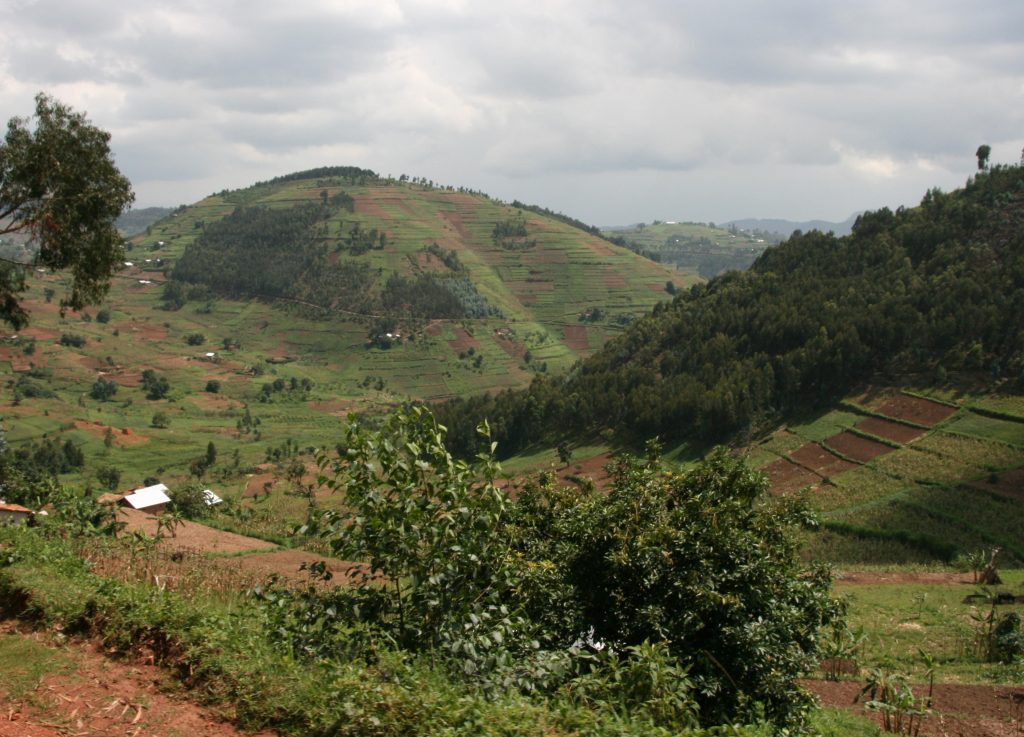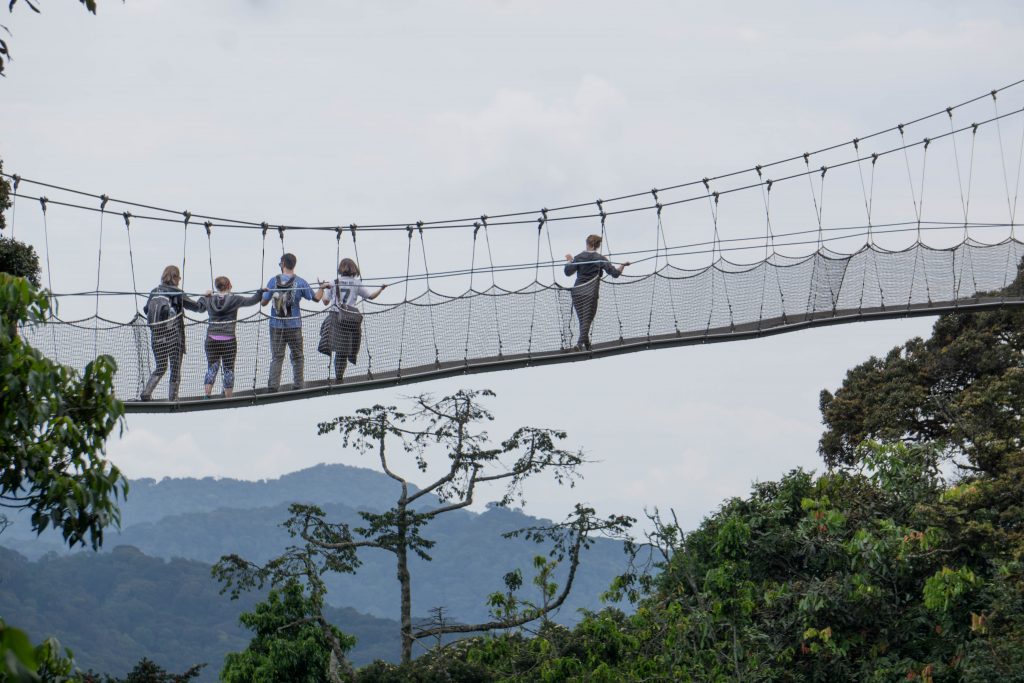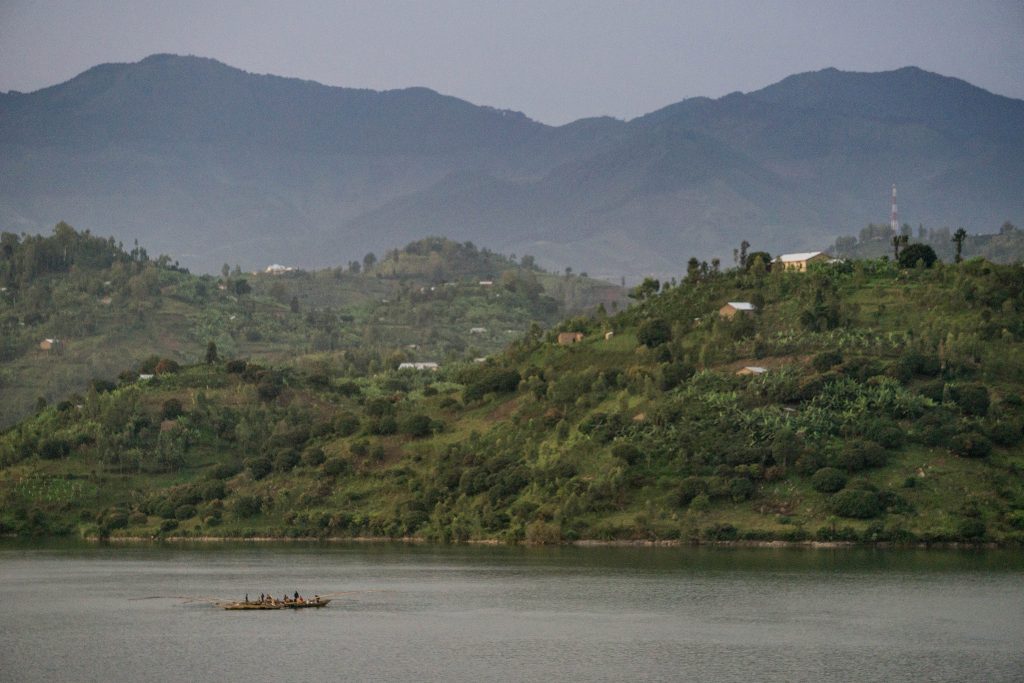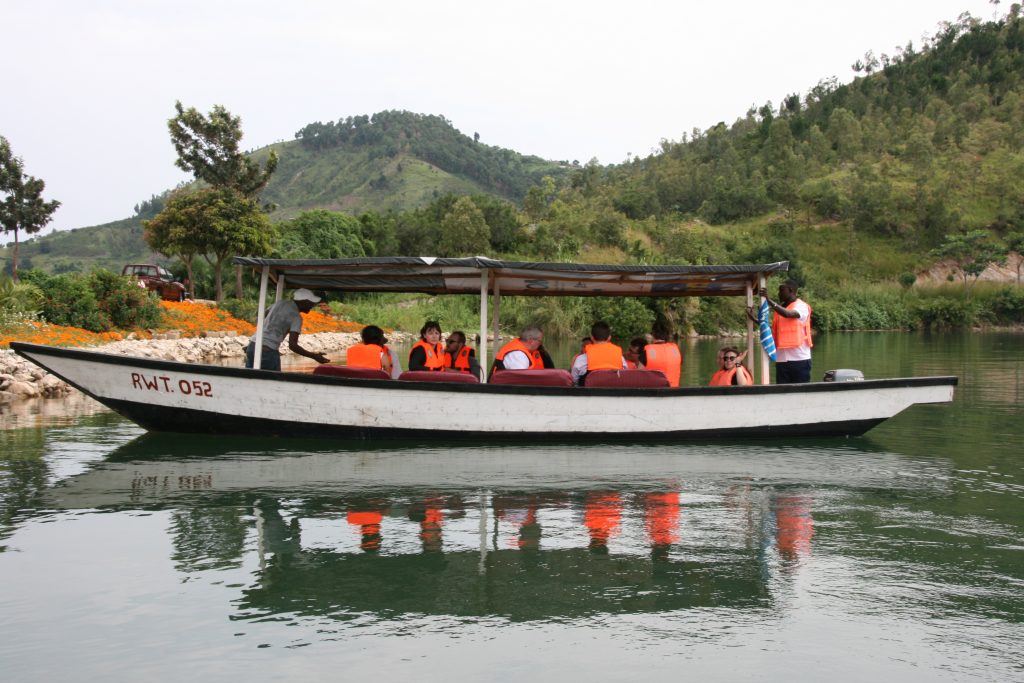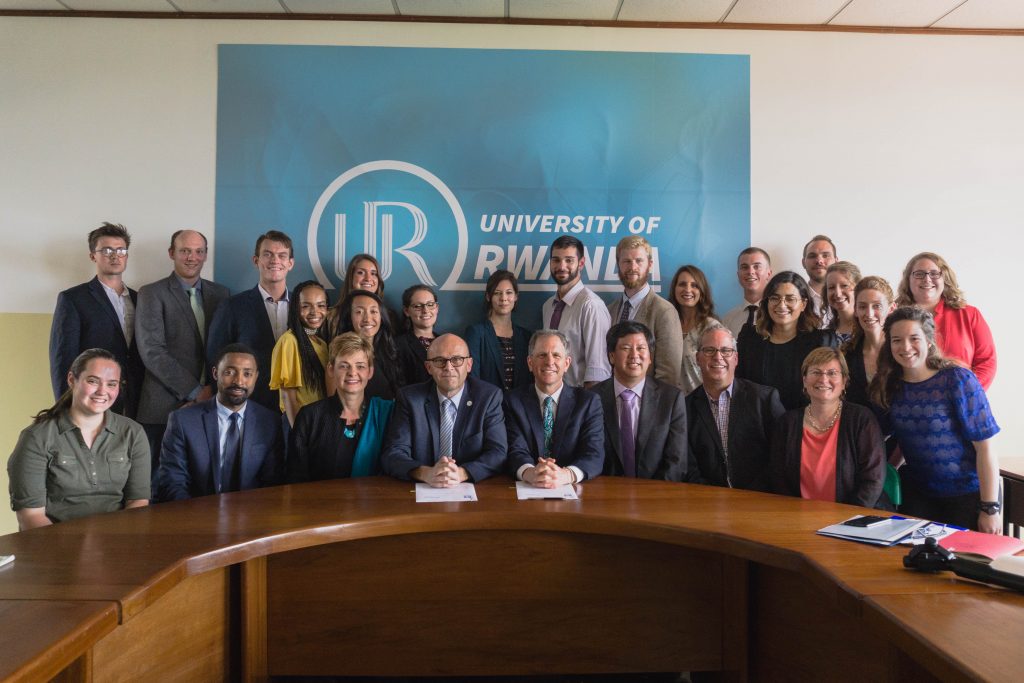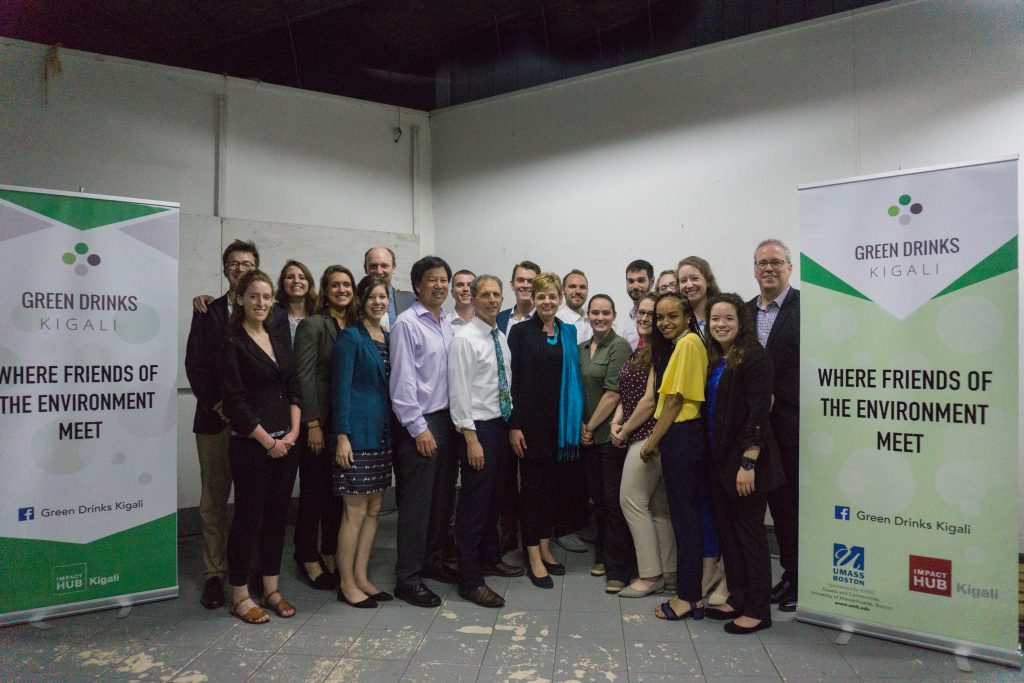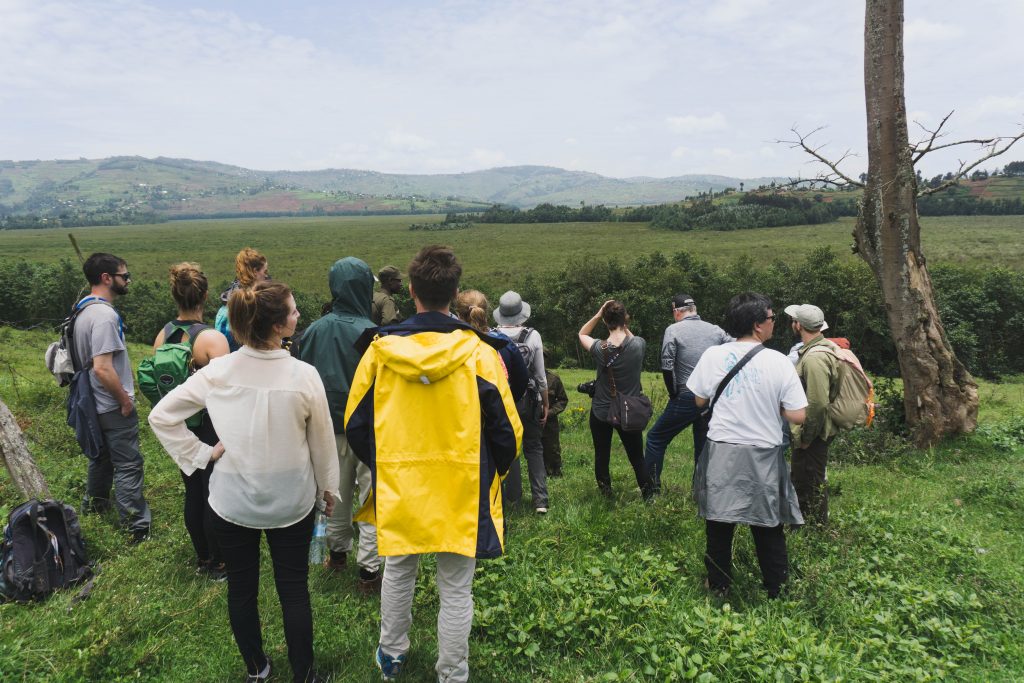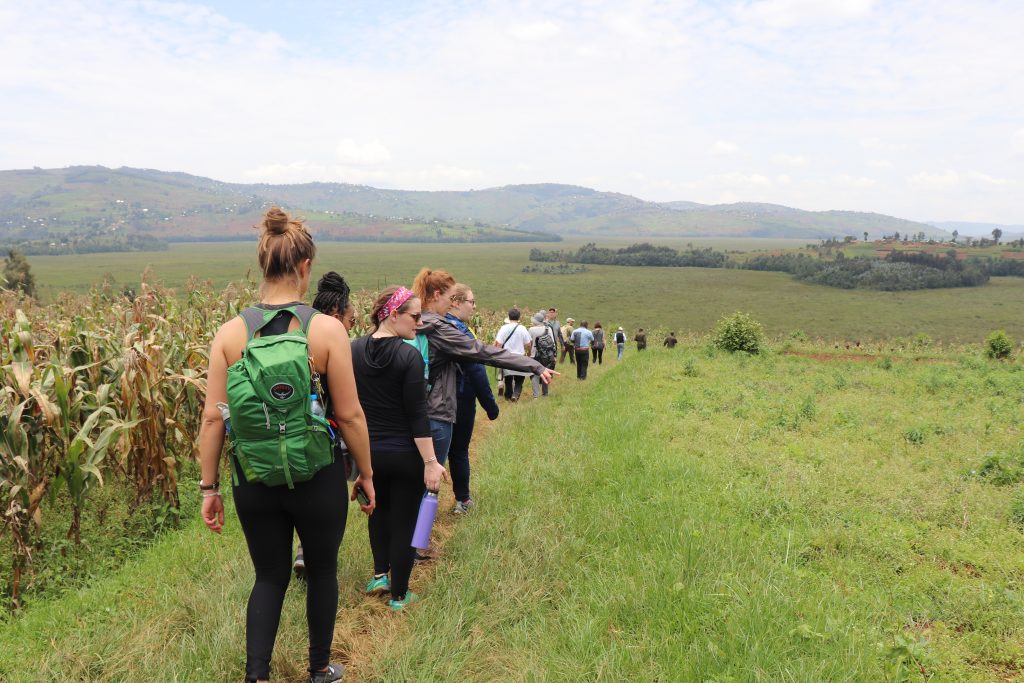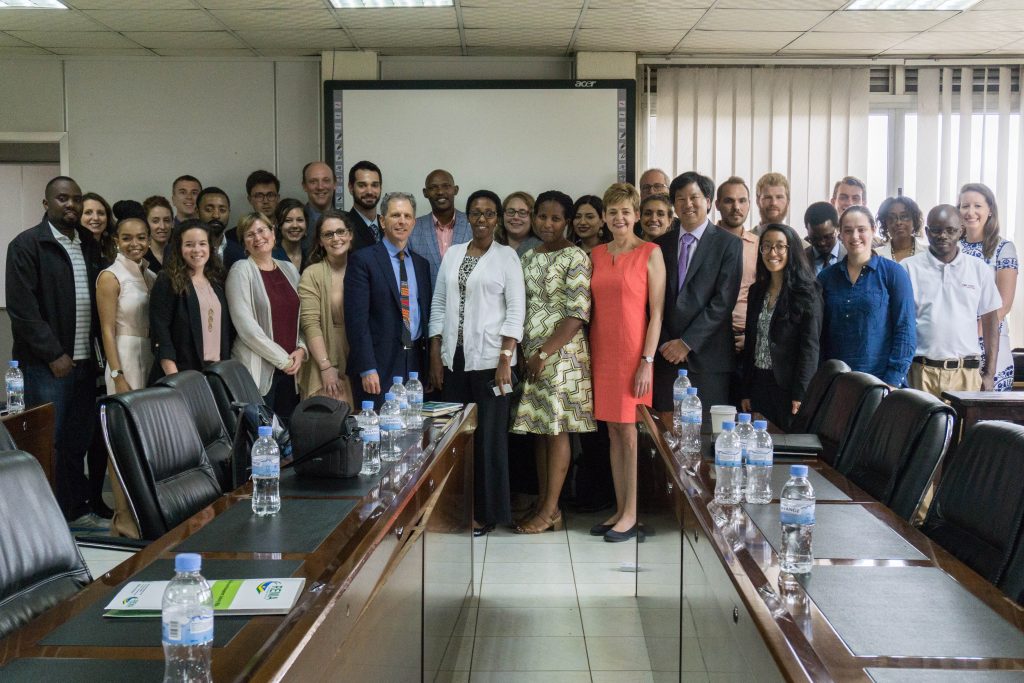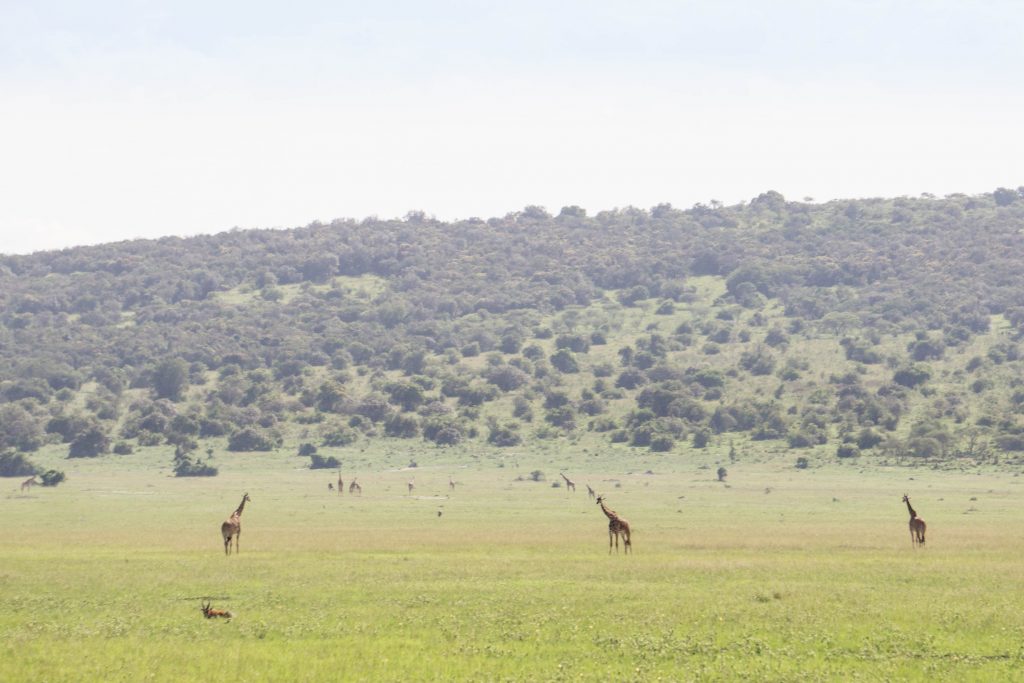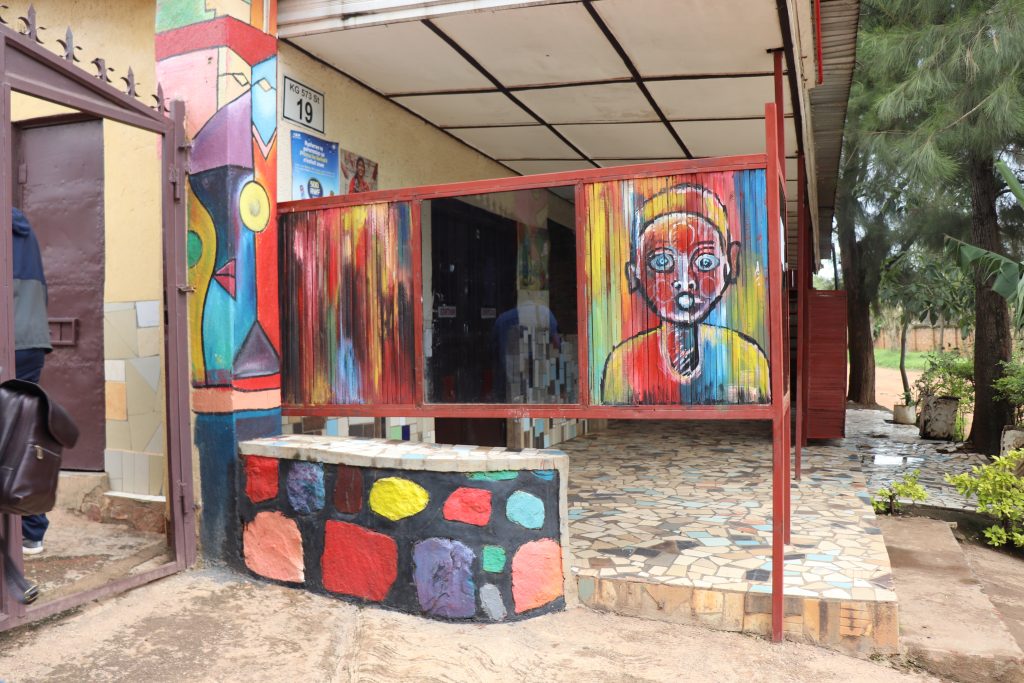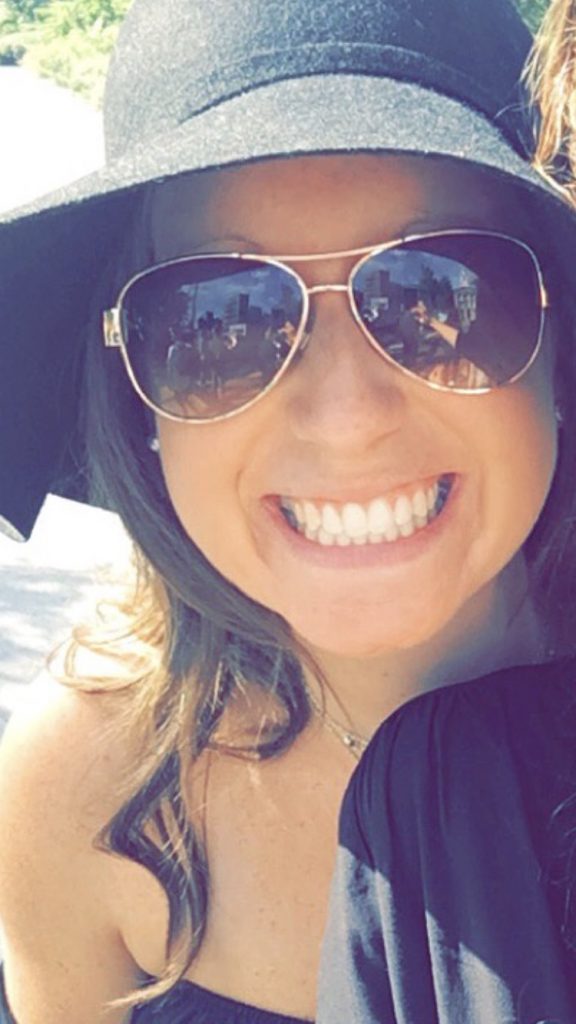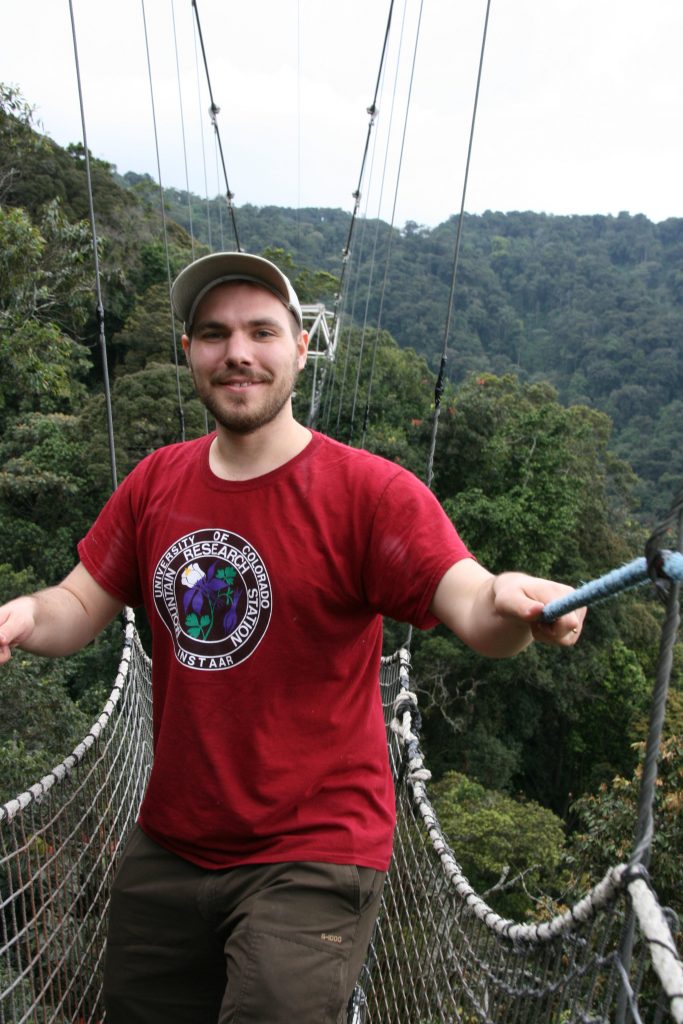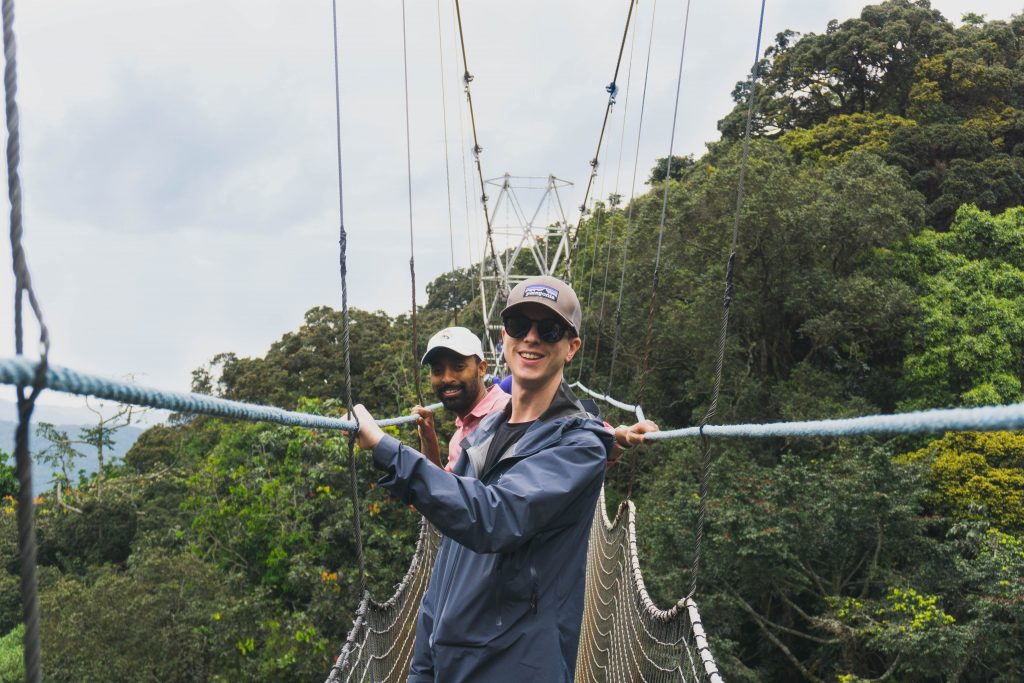
Continued Research in Rwanda


IGERT Fellows participated in the 6th Annual Environmental Research Colloquium, which took place on April 18, 2018 at the University of Massachusetts Boston (UMB). The event was organized by the UMB School for the Environment (SFE) and invited graduate and undergraduate students from all over New England to present their research, network, and meet with employers.
The Colloquium featured a “Women in Science” panel discussion with four women leaders in the environmental field:



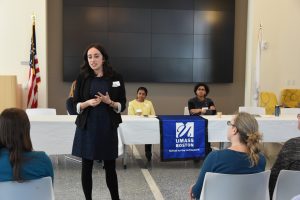
Twelve environmental employers, among which MassDEP, Neponset River Watershed Association, Massachusetts Sea Grant, USDA Forest Service, the Massachusetts Executive Office of Energy and Environmental Affairs, and Triumvirate, joined the Colloquium to interview and hire students for summer employment and full-time positions.
Fifty students interested in environmental research that ranges from local to global, e.g., from coastal resilience right here in Boston Harbor to climate change impacts on coral reef ecosystems in Australia, presented their research at the Colloquium. All presentations — posters and oral — were evaluated by a team of SFE professors. Students won certificates and prizes for best presentations. In the graduate presenter category, the top three prizes were awarded to IGERT Fellows: Shannon Davis, Christine San Antonio, and Catie Tobin. Congratulations to the winners!



